Bioethics Forum Essay
False Hope About Coronavirus Treatments
While patients can and do recover from coronavirus infections, there are currently no approved treatments that are known to work against COVID-19. President Trump believes otherwise. He said at his press briefing yesterday, that two drugs, hydroxychloroquine and remsdesivir, were “essentially approved for prescribed use” to treat COVID infected patients. He referred to these “approvals” as a “tremendous breakthrough,” and applauded Food and Drug Administration Commissioner Stephen Hahn and the agency’s scientists for their quick work approving these medications. Commissioner Hahn took to the podium to clarify the president’s message, saying that these drugs are not yet, in fact, known to be safe and effective treatments for coronavirus infections.
Once again, President Trump has misled the American people on the nation’s response to the pandemic. In an ideal world, there would be several drugs in rich supply around the world that could be used immediately and safely to restore health to patients with severe, life-threatening coronavirus infections. However, until scientists interpret reliable data from rigorously designed studies, it is irresponsible and reckless for the country’s leaders to claim that there are medicines available, just waiting to be used.
The President prattled on about one of his favorite fantasies, the importance of “right to try” legislation. For decades, the FDA has allowed physicians treating patients with severe or life-threatening illnesses, who have exhausted all approved treatment options or who cannot participate in clinical trials, to request the use of experimental drugs through a system called “compassionate use.” Generally, the most common way that patients access experimental drugs is by participating in a clinical research study, in which scientists gather data on the safety and effectiveness of that drug for a particular indication, in a specific group of patients with the same health condition. There simply aren’t enough spots in clinical trials for everyone who wants to participate. And some individuals may not meet a trial’s strict eligibility criteria, particularly if they have multiple health conditions or are dying. But, for patients who have exhausted every other possible option, the FDA has created the compassionate use pathway for those individuals to seek access to the medical products already being tested in clinical trials.
In the context of coronavirus, this means that the FDA is working to expand access to potential therapeutic options in development. Experimental drugs or drugs already approved for other conditions that may—or may not—successfully treat coronavirus infections could, theoretically, be prescribed to patients. Hydroxychloroquine, for example, is already approved to treat malaria and certain arthritic conditions, and some experts believe it might work against COVID-19. The existing literature on the drug is not, contrary to the president, promising.
Remsdesivir is different. It is an experimental antiviral drug that, according to extremely limited data in animals, may have potential activity against COVID-19. Its manufacturer, Gilead, is currently conducting randomized studies in adults diagnosed with COVID-19 in several Asian countries. Remsdesivir is not yet approved anywhere in the world. For patients in the U.S. to access either medication, they would have to enroll in a clinical trial conducted in the U.S. or have their physician request that the drug’s manufacturer make it available through compassionate use. Importantly, companies are not legally obligated to make their drugs-in-development available, for any reason, at any time. The FDA cannot make them. Nor can right to try legislation.
Thus far, there is no reliable data to suggest that either hydroxychloroquine or remsdesivir, or any other drugs for that matter, can successfully treat COVID-19. There simply isn’t enough information available yet to safely make these medicines available for widespread use. While the FDA allows patients to access drugs in development as a last resort, this is by no means a guarantee that anyone will recover. In fact, patients could get worse because of an experimental drug. Using unapproved medications in a fact-free environment will do more harm than good, possibly making a severe illness worse or even hastening death, while not allowing anyone to learn anything about what actually works.
President Trump sorely misunderstands the drug development system. But even more egregiously, he has given the nation and desperate patients false hope about what options are widely available to treat those fighting for their lives. By suggesting that these drugs are sitting on shelves just waiting to be used, the president will increase public demand for medicines that may not be safe, effective, in abundant supply or wise to use right now.
Clinical research exists for a very good reason: the vast majority of medicines that are tested in humans are not safe or effective. And even in a pandemic, carefully conducted science must rule the day to ensure that doctors are not inadvertently harming their patients by treating them with an intervention that lacks scientific evidence to support its use. Commissioner Hahn said it best: “We need to make sure that this sea of new treatments will get the right drug, to the right patient, at the right dosage, at the right time.” The only way to achieve this goal is through research, not by spreading false hope about the right to try.
Kelly McBride Folkers, MA, is a senior research associate at the Division of Medical Ethics at the NYU Grossman School of Medicine and the project manager of the Division’s Working Group on Compassionate Use and Preapproval Access (CUPA). Arthur Caplan, PhD, is the Drs. William F. and Virginia Connolly Mitty Professor of Bioethics and founding director of the Division. He serves as co-chair of CUPA. He is a Hastings Center fellow and a member of The Hastings Center’s advisory council.
For additional information and ethics resources on the Coronavirus, please visit our Ethics Resources page:
https://www.thehastingscenter.org/ethics-resources-on-the-coronavirus/
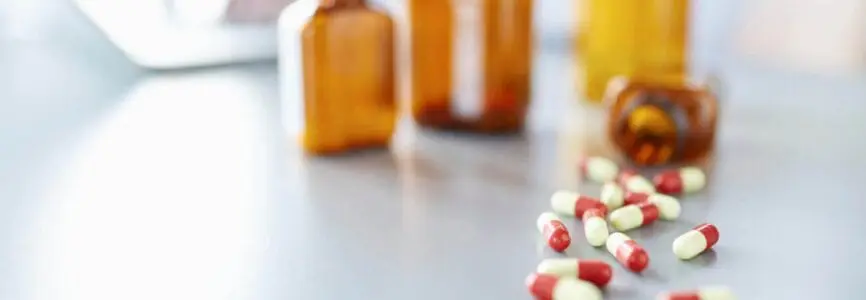


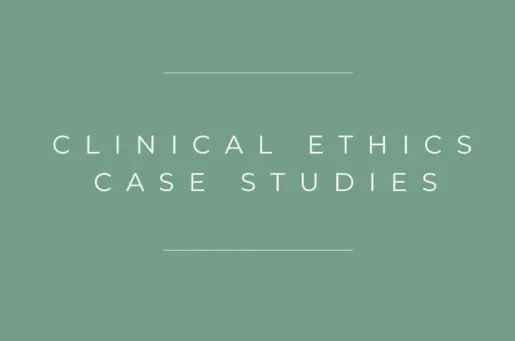
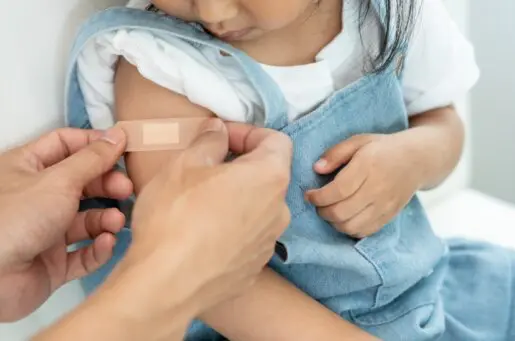
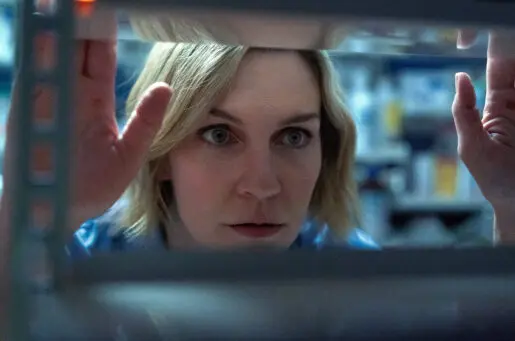


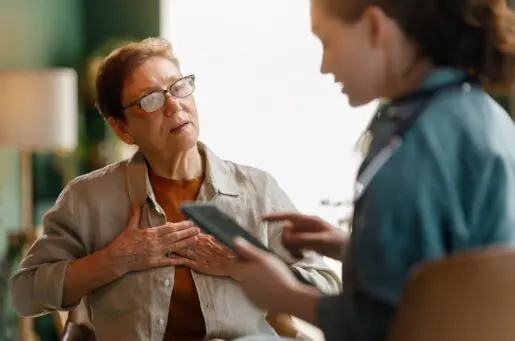


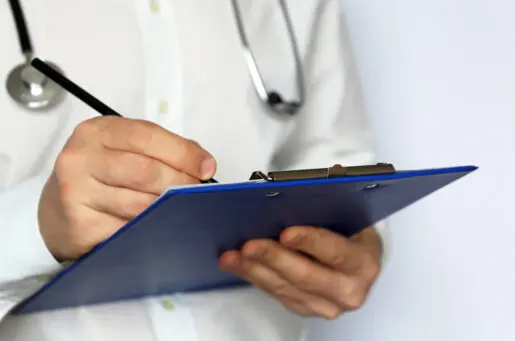

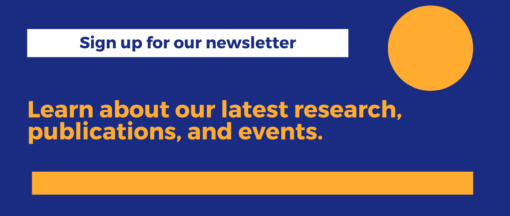
“Do no harm.” I believe the authors are doing harm.
The hydroxychoroquine being touted is not an experimental drug. It has been around for years and has few serious side effects. Granted, in other than limited research, it does not have a large clinical history in being used to treat COVID-19. The study recently discussed had a very small sample population, but the results were very encouraging.
Soooooo, if it were only effective in 50% of the cases, that is 50% that may recover, or recover quicker while we await the elusive miracle treatment so many “ethical” writers desire. I am not condoning the use of a drug, the effects of which against a diverse human population, are unknown. The real question is, with a GLOBAL pandemic, who is doing the true harm right now by pooh poohing the use of this drug?
If it comes to it, I will tell my doctor I have malaria if that will give a 50% chance of recovering or recovering quicker, rather than the possibility while waiting for the “perfect” treatment, of dying or spending a long time on a ventilator. It is a TESTED drug. I will take the chance for me and my relatives.
Thank you, Jeff. I agree with you that the authors of this highly-political article may be doing harm. The political biases of the authors are clear, and that should be taken into consideration when considering the content of the article. Clearly, there is no clinical history of any drug to treat COVID-19 because it is so recent, but experts have concluded that the results are encouraging. And physicians often prescribe off-label medications when, in their professional opinion, it would be helpful for the individual. Waiting for the perfect treatment when a well-established drug may provide help for many people is unethical.
I agree that the author makes clear her political persuasion. If we are going to discuss this from this viewpoint, I find it very interesting that those who have been pushing a National Healthcare System would suddenly switch tacks and say we need large scale testing when much of the population is going to get sick. Unusual circumstances call for unusual solutions. Hydroxychloroquine has been used safely for a very long time – but just not with a new virus. If it shows promise, then why not use it judiciously. As someone in a high risk group, I would much rather be able to be given a chance at recovery with an off-label drug than be triaged to die. Trump is right. We must force big pharma and the FDA to stop holding Americans hostage with their multitudinous restrictions. I am of the persuasion that some folks only want to disagree with the President, no matter the harm it may do.
It is not true that “For patients in the U.S. to access either medication, they would have to enroll in a clinical trial conducted in the U.S. or have their physician request that the drug’s manufacturer make it available through compassionate use. ” Physicians currently can, and frequently do, prescribe drugs for off-label use and could for hydroxychloroquine that was first approved in the US in 1955. While there is not clinical evidence of efficacy in COVID-19 physicians are able to prescribe.
Im not from a medical or research background at all, nor am I a Politician. The protocols in place are very important to protect us from overzeolous pharma, dr s, desperate patients and families, politicians and the world of business – in effect protect us from ourselves.
However, there are times in life that exceptions are needed to be made, the research lengths and depth and breadth will have to be shortened tremendously, the number of trials reduced. Two things need to be checked a) how effective is the drug b) does it cause damage in coved patients. I think we know the drug uses in short term doesn’t cause damage in maleria patients (not an expert here) . If the drug does work fir the majority it will be big boost to the world psyche that will outweigh the pitfalls of the drug not working for everyone.
So more tests are needed but not months and millions of tests. Triple down and make a decision quick and if as the world hopes the results a positive (well actually negative) let’s get it out there.
Thank You Dr Caplan and Ms. Folkers for correctly responding to the misleading and inaccurate information our President dared to state at a Press Conference yesterday. There are people who hang on and believe his every word, even though they know he lies 90% of the time.
I hope people will listen to their Physicians and medical experts for any further information on
COVID-19
Respectfully
Janice E. Haupt R.N. M.S.
This article should be widely distributed.
(I have linked it from one of my own columns.)
And it should be updated as new information emerges.
False hopes for experimental drugs
leads to black-market sales of substances
that might have nothing to do with the drugs being studied.
And real drugs will be diverted from patients
who were already using them for their intended purposes.
We live in a world where the goal is to “reach high” and not to stoop to the level of those who are comfortable spreading “fake news” about unproven treatments. As a physician, I took an oath to first do no harm and it must inform every decision I make. ANY medication is not indicated for everyone and it is my responsibility to understand which patients are most likely to benefit before I risk harming them by prescribing it. Simply put, prescribing it without any support for efficacy is just plain irresponsible. If I started prescribing CBD oil or fairy dust because I had a patient who recovered (when it is obvious he would have done so anyway) would you have a similar response? Just because a drug is approved for use for one indication, does not give us free license to endorse its widespread use. And how do we know what dose to give and for how long to treat? The usual treatment course may not be effective while a longer one may. The interim results of the 2 studies being conducted at the University of Minnesota are expected to be available on April 8. I l truly hope they support hydroxychloroquine is a promising therapy. In the meantime, let’s focus on how we can improve compliance with the interventions that appear to be working: physical distancing, hand-washing, staying home.